India's street children bank on the future
The Children's Development Khazanaa is a special bank, run for, and mostly by, Indian street children.
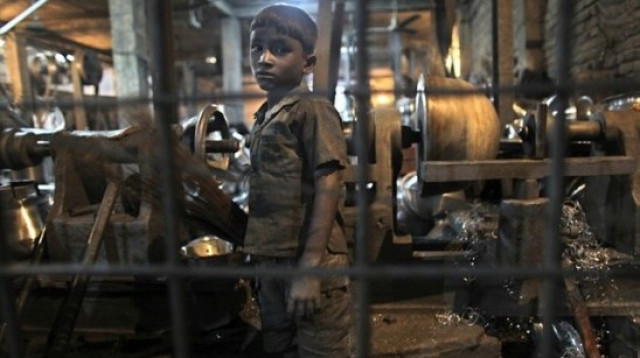
Singh holds an account at a special bank, run for, and mostly by, Indian street children, that keeps what little money they have safe and seeks to instill the idea that savings, however meagre, are important.
Just one among millions of street children who rely on menial jobs for survival, Singh is determined to make his work pay some sort of future dividend.
"I'm smart, but that alone isn't enough to start a business.
"I save money everyday, hoping to start something of my own. Someday soon," he said as he served glasses of India's ubiquitous, spicy milk tea in sweltering heat at a stall near the teeming train station.
The Children's Development Khazana (treasure chest) opened its first office in New Delhi in 2001 and has since spread across the country and overseas with 300 affiliated branches in India, Nepal, Bangladesh, Afghanistan, Sri Lanka and Kyrgyzstan.
Delhi counts 12 branches with around 1,000 child clients aged between nine and 17.
The brightly painted metal cubicles which serve as teller counters are located in shelters that provide children with free meals and sleeping mats, as well as school classes.
The branches are run almost entirely by and for the children, with account holders electing two volunteer managers from the group every six months.
"Children who make money by begging or selling drugs are not allowed to open an account. This bank is only for children who believe in hard work," said Karan, a 14-year-old "manager".
During the day, Karan earns a pittance washing up at wedding banquets or other events. In the evening, he sits at his desk to collect money from his friends, update their pass books and close the bank.
"Some account holders want to withdraw their money. I ask them why and give it to them if other children approve. Everyone earns five per cent interest on their savings."
An adult staff member is always present to collect the takings at the end of each day, depositing the cash in a nationalised bank to earn the interest component.
Sharon Jacob, who works for the rights group Butterflies that set up the bank, said it aimed to give the children a genuine stake in their own future.
"They work in shops as hawkers or porters but they never had a safe place to keep their money. They were always cheated of it or somebody also stole their money," Jacob said.
"So this is a place where they could keep their money safely and they are also taught life skills, how to manage their finances. They are taught budgeting, they are taught democratic participation," Jacob said.
Child labour is officially illegal in India but millions of boys and girls have no choice but to earn a living to support themselves or help their families.
Many move to the cities from rural areas, seeking an escape from grinding poverty or abusive homes.
"I ran away from home at the age of 11 after my father beat me for stealing a kitchen appliance," said Samir who works in a sweatshop.
"For days I slept on a railway platform. I was beaten by the police and even harassed by the drug peddlers. I wanted to go back home but was ashamed of myself."
Now 14, Samir lives in the children's shelter and holds an account in the bank.
"I have saved 4,000 rupees (70 US$) in the last seven months. It's a good feeling to have some money. I will buy a shirt and a watch for my father and send it to him to seek his apology."
"He might forgive me and ask me to be with him at home."

1723532431-0/BeFunky-collage]____-(64)1723532431-0-208x130.webp)



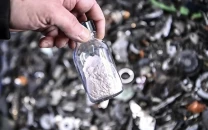
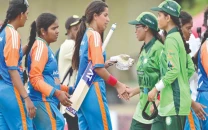

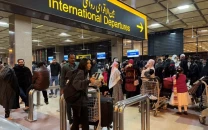
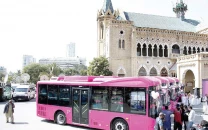


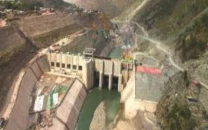




COMMENTS
Comments are moderated and generally will be posted if they are on-topic and not abusive.
For more information, please see our Comments FAQ